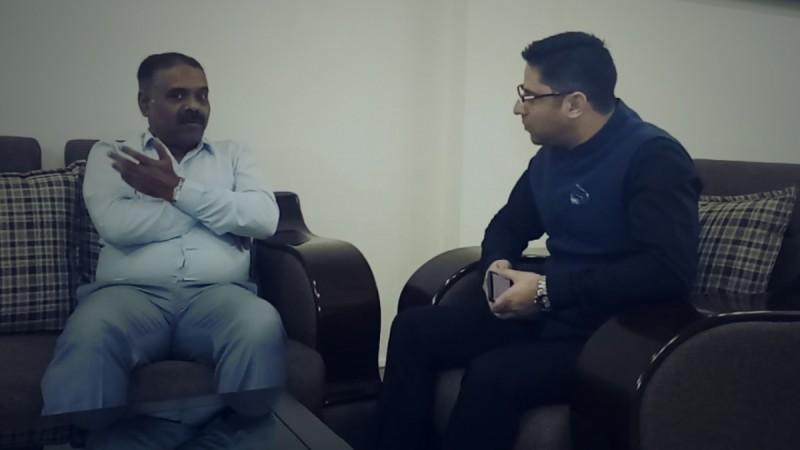In an exclusive interview with International Business Times, D M Awasthi, Special DGP (Anti-Naxal Operations and Special Intelligence Bureau) reveals some lesser known details about the strategy and modus operandi of Naxalites. He also spoke about the steps taken by the security forces to tackle them.
The IPS officer claimed that anti-Naxal operations gained momentum in 2004, when Dr Raman Singh took over as the Chief Minister of Chhattisgarh.
"In the last two years we have been able to contain the Maoists and we have been successful in restricting their movements in various parts of Chhattisgarh," he said claiming that now security forces have an upper hand over the extremists.
Awasthi in conversation with Danish Manzoor on The Talk, said that the government and the security forces faced real challenges between 2004 and 2014. "Until 2015 we were able to contain them but we were not successful in dominating them," he added.
It was only in 2016 that the security forces were able to put the extremists on the backfoot. "In 2016, we neutralised 135 Naxals, which was a record," Awasthi said.
He added that the Naxals purchased weapons and bullets from outside the country. "The Intelligence Bureau (IB) and our state government is working on stopping their supply from outside," he said.
Awasthi said the anti-Naxal 'Operation Prahar' was a massive success and claimed that more than '20 Naxals were neturalised' in the operation.

When asked about the intelligence apparatus, he said that the government and the security forces have better intelligence reports and claimed that security personnel are operating solely on the intelligence reports they receive.
Awasthi spoke about the change in strategy adopted by the security personnel to combat Naxals and said that the security forces on the ground are going on an 'offensive' mode against the Maoists.
"Our security forces are slowly penetrating into the core areas of the Naxals and establishing camps, in order to reduce the distance travelled by our men," he added.
The officer said that this year their focus is on eliminating Naxal commanders, "In 2017 63 Naxals have been neutralised," he added.
He further explained that by 2018 forces will be successful in establishing camps in areas where there is security vacuum. "If this kind of persistent operation continues in next two or three years we will be able to contain Naxalism," he said.
On neutralising the Maoists completely, Awasthi said that Naxals operate from civilian areas and during such situations we can't kill innocent people. "Ideological support is long gone, now people are supporting these Naxals out of fear," he said.
Awasthi said that the security forces are getting full support from the government of India and claimed that the security forces are equipped with modern weapons. "But we still have a long way to go and we have placed our demands to the Centre and state governments," he added.
When asked about coordination between various security forces, Awasthi said that they all act as one force and there's positive energy among Central Reserve Police Force, Border Security Force and the state police forces.
Anti-Naxal operations aside, Awasthi said that development of these Naxal-affected areas should be the primary focus. His aim being that the people of those areas should be provided with good education and infrastructure facilities while keeping in mind that the security personnel should not exploit these people. "I will not allow any human rights violation by security forces," he added.

















